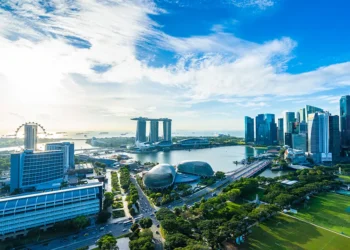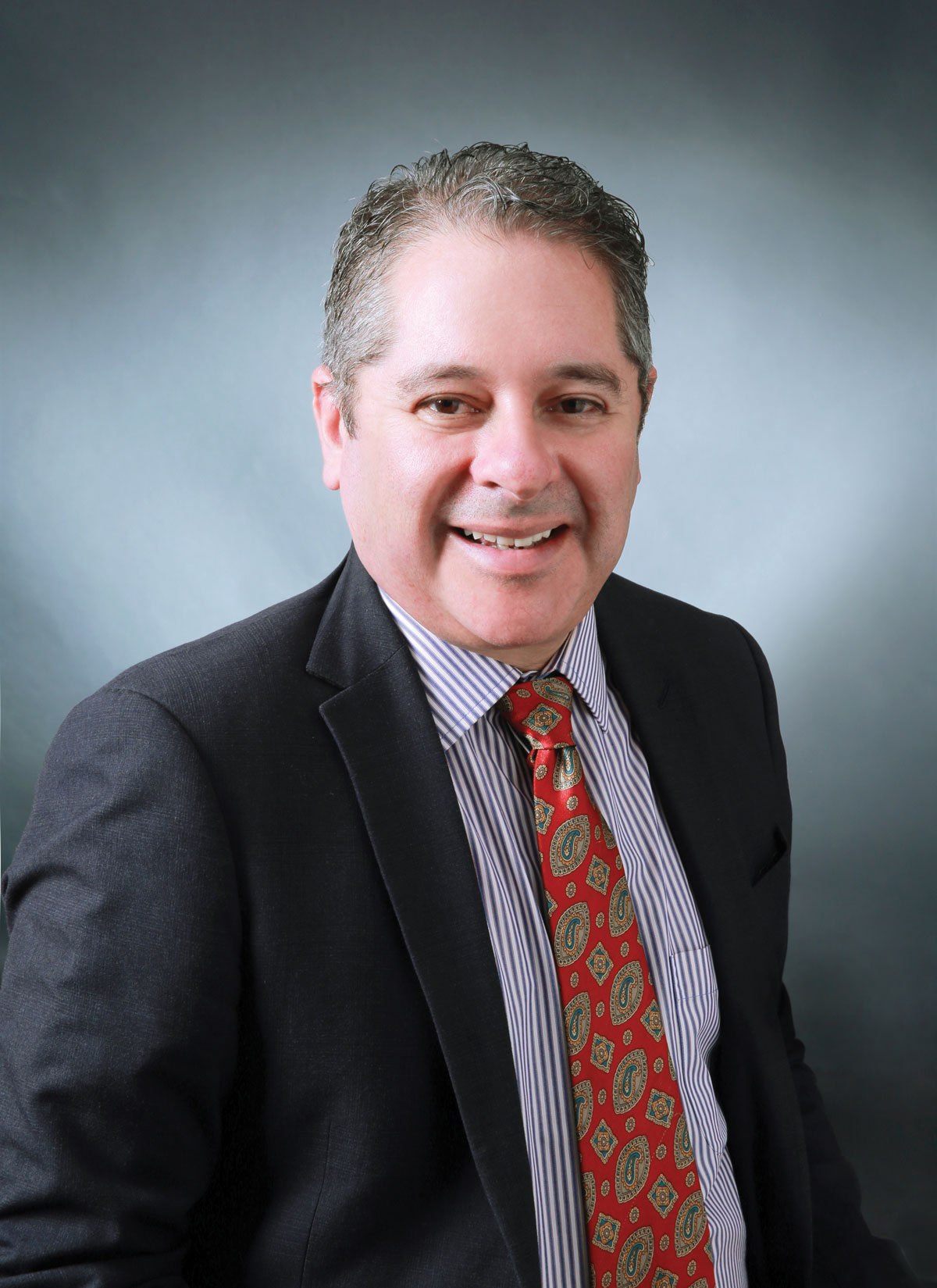 Global gaming giant IGT heads into 2022 looking to put the COVID-induced challenges of the past two years behind it. Michael Cheers, IGT’s Sales Director, Asia, discusses the company’s plans for the region over the next 12 months.
Global gaming giant IGT heads into 2022 looking to put the COVID-induced challenges of the past two years behind it. Michael Cheers, IGT’s Sales Director, Asia, discusses the company’s plans for the region over the next 12 months.
Ben Blaschke: It’s been a long two years for suppliers around the world, but particularly in Asia. How are you feeling about where IGT is placed heading into 2022?
Michael Cheers: I agree, the last couple of years have been challenging for the industry for many reasons. This is particularly true in APAC. That said, we have the right people and products in place to make progress in 2022. It may be a slower start than we’re used to in Asia, but we remain optimistic for the future. Like so many technology companies, we’re navigating a global chip shortage which has added a little bit to our lead times and is going to be an ongoing challenge, but we hope that is rectified by the latter part of 2022.
I see our customers in Singapore, Malaysia and the Philippines as likely to be the most active in the first six months of the year. Then I see Macau, Korea and Vietnam starting to pick up in the second half of this year as polices and freedom of movement become more balanced in what players can do.
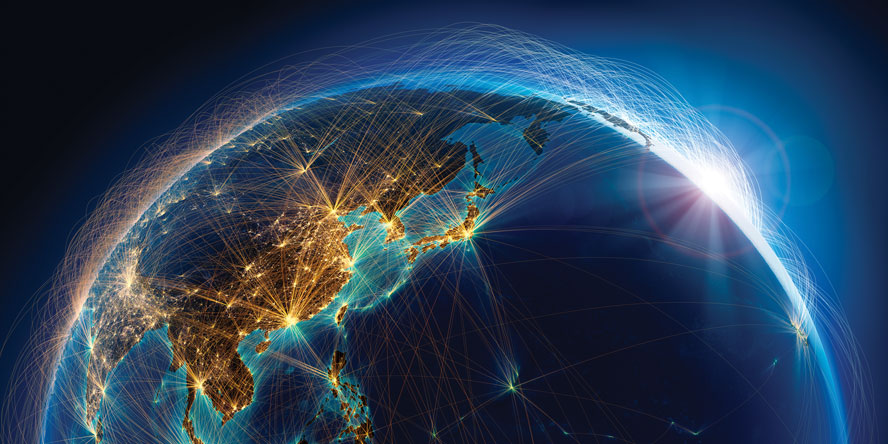 BB: How was 2021 in terms of product placement and performance? Was there improvement from 2020?
BB: How was 2021 in terms of product placement and performance? Was there improvement from 2020?
MC: For IGT, 2021 presented different obstacles than 2020, some of which significantly impacted the buying decisions for operators throughout Asia. Factors included capex freeze and a general freeze on replacement units from some operators simply because businesses in many cases had up to 50% of their floor turned off. It was difficult for our customers to justify expenditure for newer style slot products when potentially you buy a bank of 10 and half of them have to be turned off because of social distancing.
That said, we have honed our product roadmap for the region and our systems business throughout Asia remains very strong, just as it has for many years. We were fortunate enough at IGT that the ADVANTAGE system was successful in a couple of large deals in the Philippines – in particular the Royce expansion (Clark) and the NUSTAR Casino opening (Cebu). That aspect of our business in the region was very solid.
BB: What should we look out for in 2022 in terms of new product?
MC: Development of our linked products will continue with our Australian and Beijing studio teams having gone into the themed development of our linked product – primarily our very successful Yin Cai Shen family of games.
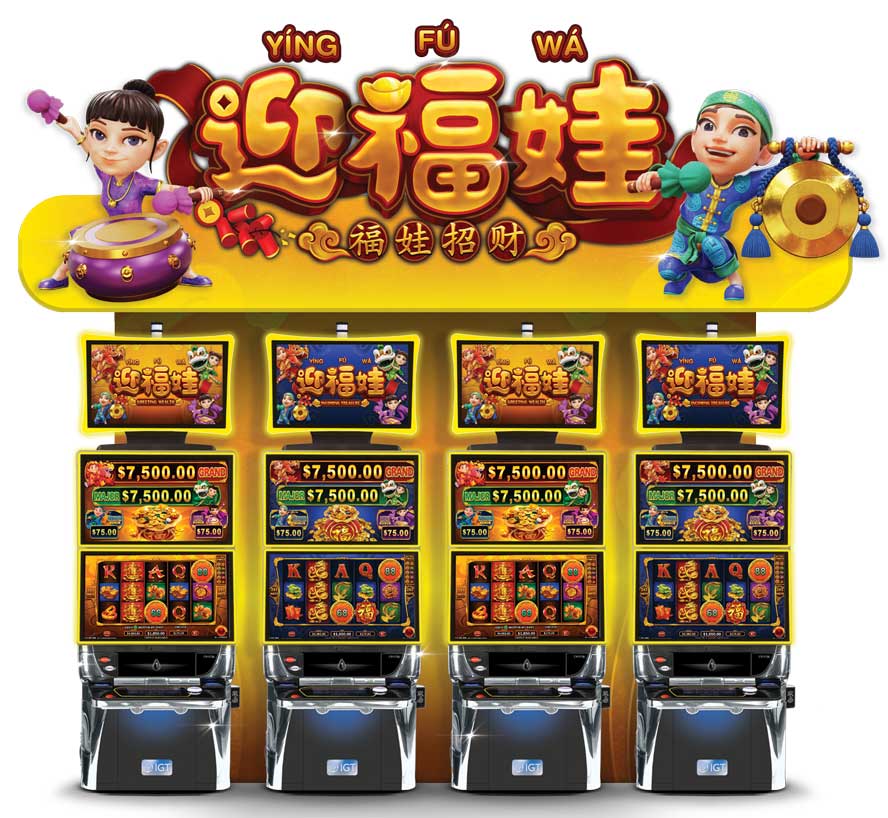 There will also be a new link for our CrystalDual 27 cabinet in a game called Yin Fu Wa which has two linked progressive options and two scalable bonuses that give the operator more flexibility in attracting players. It is also our first major step for the market into a CrystalDual 27 multi-denomination link so we look forward to getting that out into the market.
There will also be a new link for our CrystalDual 27 cabinet in a game called Yin Fu Wa which has two linked progressive options and two scalable bonuses that give the operator more flexibility in attracting players. It is also our first major step for the market into a CrystalDual 27 multi-denomination link so we look forward to getting that out into the market.
We’ll be launching Yin Cai Shen in Singapore – game approvals do take longer there but that’s on track for this year and we think it is a very suitable game for the Singapore market. We also have a very strong family of Cash Cove games and are planning to release a tournament version of Cash Cove where the player can be in tournament mode and get the joy of playing the cash game while experiencing the game in a general tournament environment. That will also help our customers run promotions for players at various tiers and attract business on slower days. Cash Cove in places such as Singapore, Malaysia and the Philippines has a strong player following so we think the tournament version will enhance the player experience.
 BB: Of course, you are based in Macau, which has made travel particularly difficult these past two years. How have you overcome that?
BB: Of course, you are based in Macau, which has made travel particularly difficult these past two years. How have you overcome that?
MC: Like everyone else, where we’ve been able to have our sales people in country we’ve just gone and knocked on the doors when we’ve been allowed to go and see our customers. That’s been great and my Macau customers are probably growing tired of me visiting because I haven’t been able to get out and visit anywhere else. In the Philippines we’ve done that and in Singapore too, but other than that it’s been the traditional online communication – the Zoom or Teams meeting.
One thing we’ve focused on is having our product management team fully engaged with the sales team with regards to customer engagement and presentations such that we have quality content and information but also a lot of visual and video of our games and products, plus our reasoning for banking strategies, positioning and denomination set-ups. This content has been strongly supported by our marketing team when we’ve launched products.
BB: China, and therefore Macau, has maintained a zero-COVID policy to this point. Do you have any thoughts around the validity of continuing to pursue this approach or what might prompt a change of tune?
MC: There is no doubt the Macau government has done a great job of keeping residents safe but of course that zero-COVID policy has come at a real cost to business. Longer term, is that a realistic approach? I think the Macau government has also been challenged by the fact that they’ve wanted to get their vaccination rates up around the 85% to 90% level and they’ve grappled with the ability to get there. Once that eventually happens – and it will happen through incentives and requirements of people to access businesses – I think momentum will build and a normalized “living with COVID” policy will start to implement across the mainland and Macau.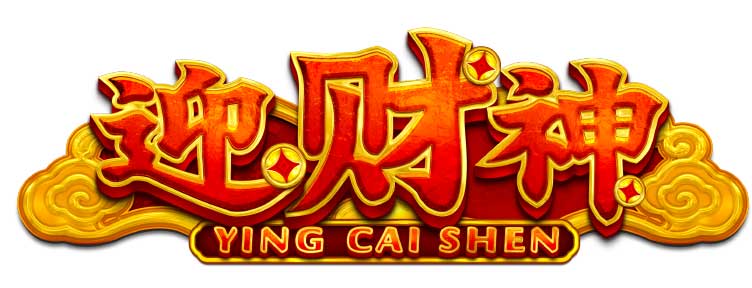
BB: Has labor been a challenge for the company?
MC: It has in some respects, but from our perspective we’ve survived that relatively well. I think what’s happened is COVID has been a time for many people to rethink their personal situation and consider as to whether it is the time for a sea change.
The core team members who we need to continue our systems development and our studio development are still very much in place.
Additionally, with approximately 11,000 employees and game design studios around the world, we had the opportunity to add some new talent to our teams.
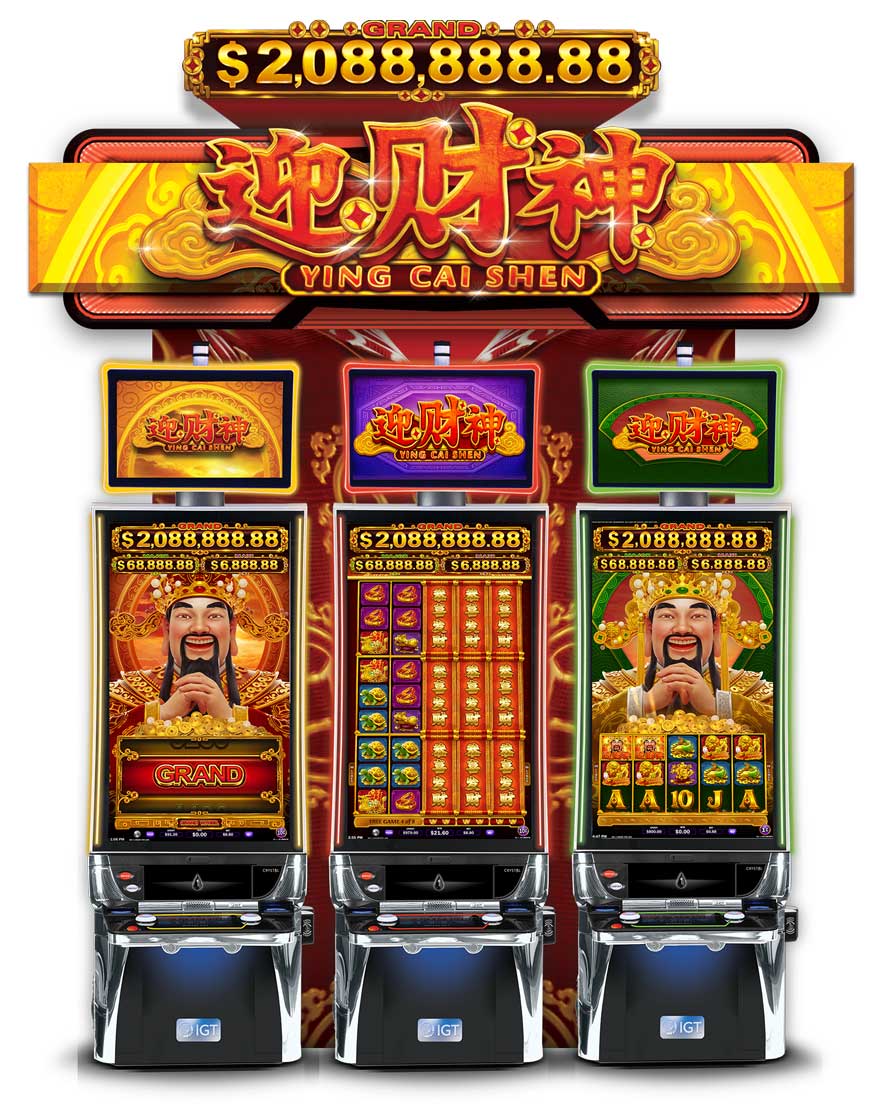 BB: How has COVID changed the way you’ve approached product development?
BB: How has COVID changed the way you’ve approached product development?
MC: I think what it has done, in Asia in particular, it’s probably given us an opportunity to be a little bit more targeted and strategic with our product roadmaps as we move forward. There hasn’t been the churn and the demand for games simply because there hasn’t been the demand for product due to social distancing. So while we have continued our commitment to developing and approving games across the region, we can now take a little bit more time and reassess some of our product offerings to fine-tune them even more to align with what the players are looking for. What it has done is given us a chance to be more strategic in the way we look at putting product out across the region and in particular, if we are looking at our linked progressive, identify the unique factors that we can offer in a linked progressive offering that are a little bit outside the norm, and allowing for some newer ideas to come through.
BB: IGT has been among the frontrunners in terms of cashless and touchless technologies in recent years, particularly in the US. Asia has been a little slower to adopt such technologies although it seems inevitable in the long term. How do you see this playing out across the region?
MC: We’re quite excited because 2022 will bring the first of our cashless suite of products in the Resort Wallet into production and that will be at the NUSTAR Resort & Casino in the Philippines which will open in a few months’ time. That Resort Wallet will include the option for “carded cashless” where a player still leverages a physical loyalty card, but can load funds directly to a Cashless Wagering Account on an EGM, or a “cardless cashless” option whereby players maintain their loyalty card and Cashless Wagering Account on a personal mobile device. The cardless cashless option gives operators the ability to introduce cashless commerce throughout the business for the enabled patrons to have cashless experiences anywhere on the property, be it checking into the hotel, dining at a restaurant or shopping at one of the stores.
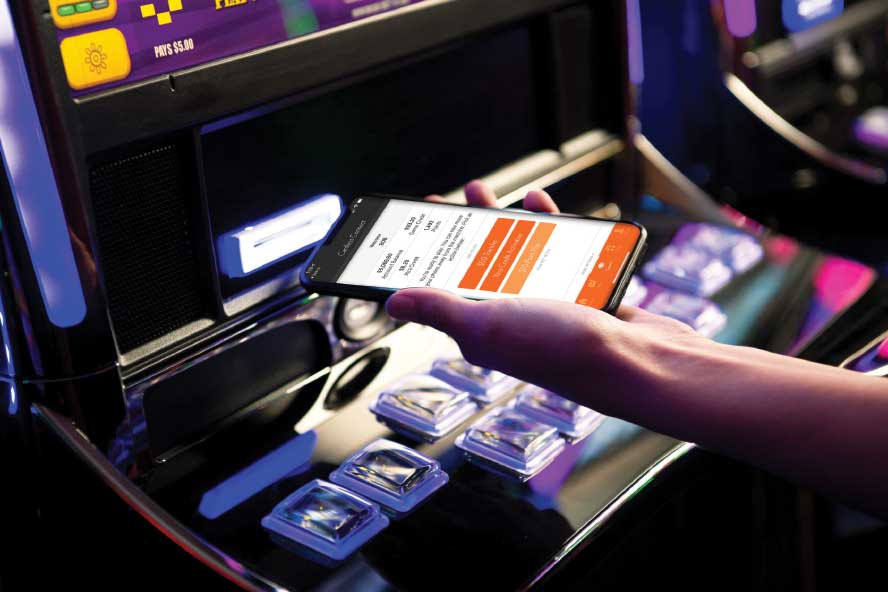 We’re excited about that but I have noted that here in Macau we also have increased interest in cashless products and we have some products in test beds in back-of-house with a couple of our key partners. They are reviewing it as a product that might become part of an offering.
We’re excited about that but I have noted that here in Macau we also have increased interest in cashless products and we have some products in test beds in back-of-house with a couple of our key partners. They are reviewing it as a product that might become part of an offering.
There will no doubt be specific technical requirements to put that in place but I see that moving forward with us, the operators and the DICJ working together to come up with a solution that works for all.























